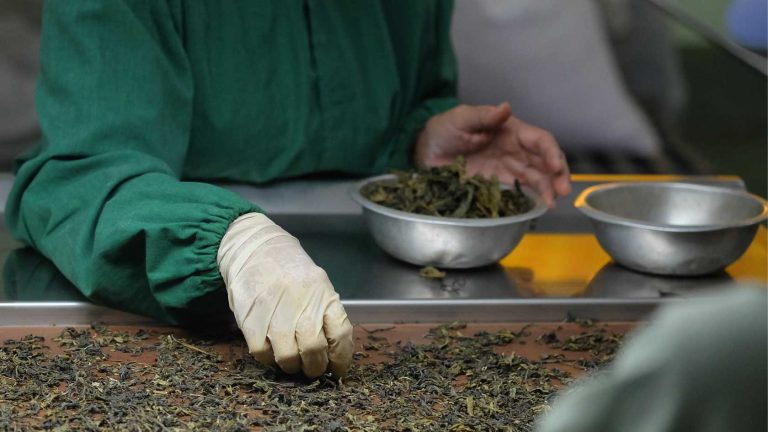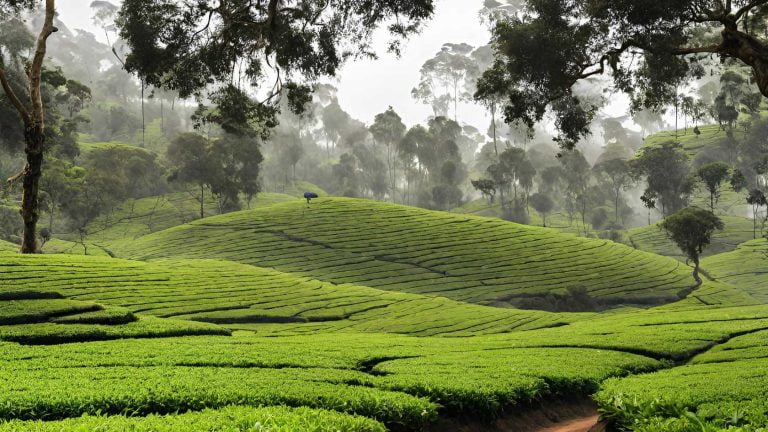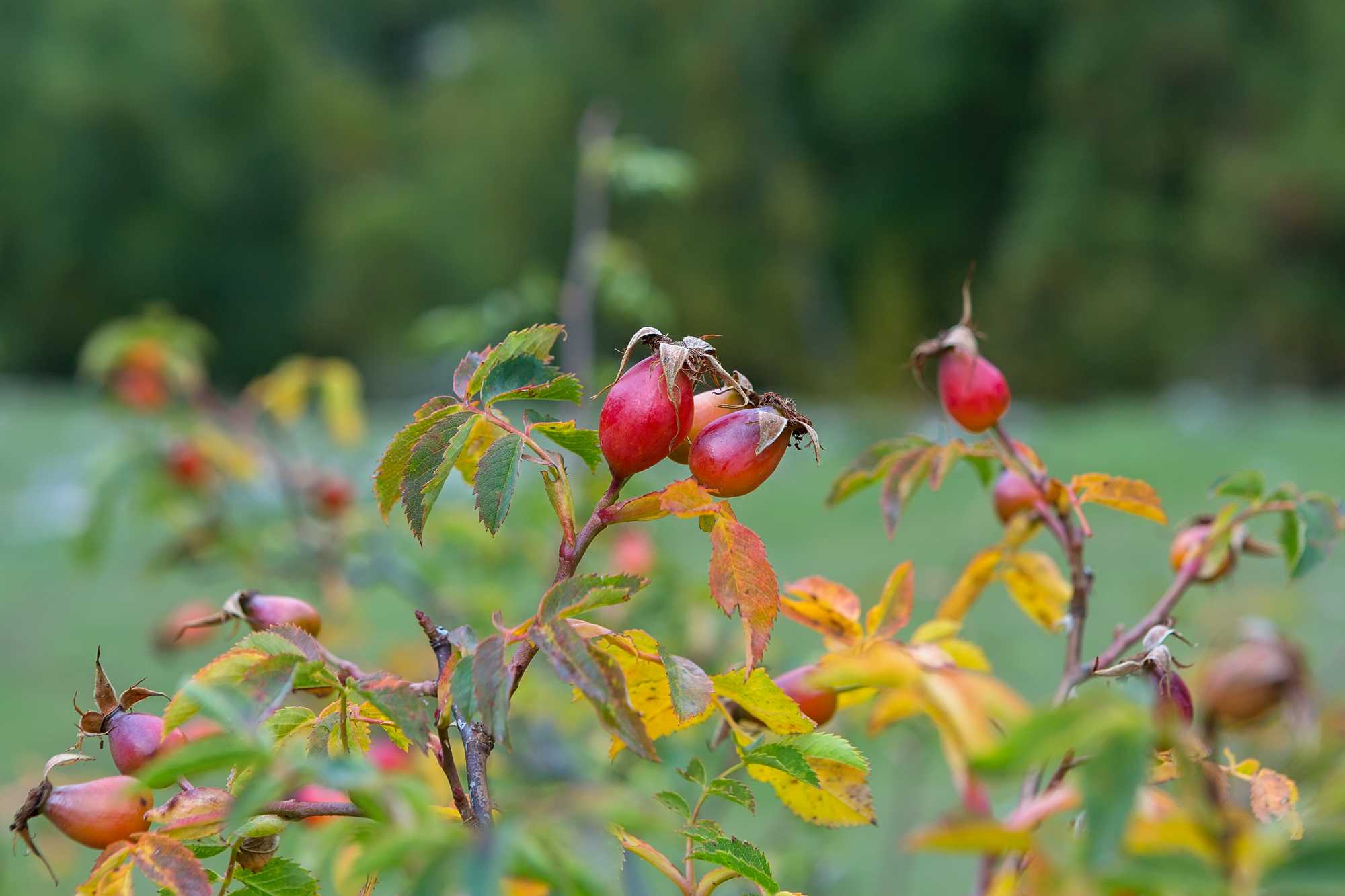
Ceylon Tea Yield Optimization
Yield optimization refers to the process of increasing the amount of tea produced per unit area without compromising quality. It involves managing various factors such

Yield optimization refers to the process of increasing the amount of tea produced per unit area without compromising quality. It involves managing various factors such

In the tea industry, achieving the perfect flavour, aroma, and quality hinges on the precise control of time and temperature during critical processing stages such

Women have long played a vital and indispensable role in the smallholding tea sector of Sri Lanka, which stands as the country’s second-largest source of

For over a century, smallholder farmers have played a vital role in driving the growth and success of the Ceylon Tea industry. Rooted in a

Fertilizers play a pivotal role in nurturing tea plants and ensuring successful tea production. In Sri Lanka, where tea is a vital part of the

Fertilizers play a crucial role in providing essential nutrients for the synthesis of aromatic compounds, including essential oils. When tea plants lack these nutrients, the

Tea estates in Sri Lanka heavily reliant on a thriving harvest face financial strain due to diminished yields caused by insufficient fertilization. This not only

Tea manufacturers are at the forefront of culinary innovation, continuously pushing boundaries to bring forth exciting flavors and formats. In response to evolving consumer preferences,

A remarkable transformation is unfolding within the global tea industry as sustainability and ethical sourcing practices take center stage. Increasingly conscious of environmental and social

Sri Lanka’s tea industry is currently grappling with challenges such as declining yields and waning interest among farmers. To combat this, the Rehabilitation of Degraded


Among the myriad varieties of tea available, Ceylon



Get a weekly dose of what’s happening in the world of tea!